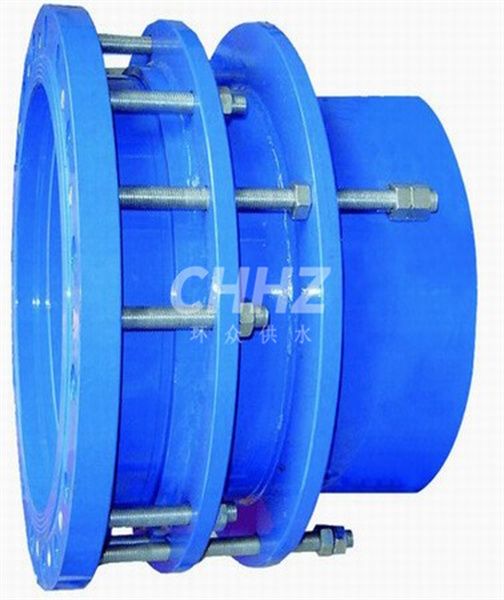What are the applications of pipe expansion joints in various industries?
What are the applications of pipe expansion joints in various industries? Pipe expansion joints find extensive applications across various industries due to their ability to accommodate movement and vibrations in piping systems. In this essay, we will explore the diverse applications of pipe expansion joints in different industries and how they contribute to the overall functionality and safety of the systems.
HVAC Industry: In heating, ventilation, and air conditioning systems, expansion joints are crucial for absorbing the thermal expansion and contraction of pipes due to temperature fluctuations. They allow for movement caused by the temperature changes without putting stress on the system, preventing leaks and damage to the pipes. Expansion joints are commonly used in HVAC systems of commercial buildings, hospitals, schools, and residential complexes.
Power Generation: In the power generation industry, expansion joints are used in a variety of applications. In fossil fuel power plants, they accommodate the thermal expansion and contraction of pipes in the boiler systems and exhaust gas ducts. Nuclear power plants also utilize expansion joints to absorb the movements in the piping systems, including steam lines, feedwater lines, and coolant pipes. The flexibility provided by expansion joints helps in maintaining the structural integrity of the power plant systems.
Oil and Gas Industry: In the oil and gas industry, pipe expansion joints play a critical role in transporting oil, gas, and other fluids across vast distances. They are used in various applications, including offshore platforms, refineries, pipeline systems, and petrochemical plants. Expansion joints help absorb the movements caused by thermal expansion, pressure fluctuations, and seismic activity, ensuring the safe and efficient operation of the pipelines.
Chemical Industry: Chemical processing plants often deal with highly corrosive and reactive fluids, making the selection of expansion joints crucial. Expansion joints made from corrosion-resistant materials are used in chemical plants to accommodate the movements in piping systems caused by temperature changes, pressure variations, and chemical reactions. They help prevent leakage, pipe damage, and potential hazards in these sensitive environments.
Pharmaceutical and Food Processing Industry: In industries where sanitary conditions are of utmost importance, such as pharmaceutical and food processing, expansion joints are used to meet the stringent cleanliness and hygiene requirements. These joints are designed to be easily cleanable and resistant to bacterial growth. They accommodate the movement in the piping systems without compromising the cleanliness and integrity of the processed products.
Marine Industry: Shipbuilding and offshore construction industries rely on expansion joints for their piping systems. Marine environments subject pipes to dynamic movements due to waves, tides, and operational conditions. Expansion joints allow for these movements and vibrations, reducing stress on the pipes and preventing potential failures. They are used in various marine applications, including engine cooling systems, exhaust systems, ballast systems, and seawater piping.
In conclusion, pipe expansion joints find wide-ranging applications in numerous industries. They provide flexibility and accommodate movement in piping systems subjected to different conditions such as thermal expansion, vibration, pressure fluctuations, and seismic activity. The functionality and safety of HVAC systems, power plants, oil and gas pipelines, chemical plants, pharmaceutical and food processing facilities, and marine applications greatly depend on the appropriate selection and installation of expansion joints. By effectively absorbing movements, these joints prevent leaks, pipe damage, and system failures, ensuring the smooth operation of industrial processes while minimizing risks to personnel and the environment.
